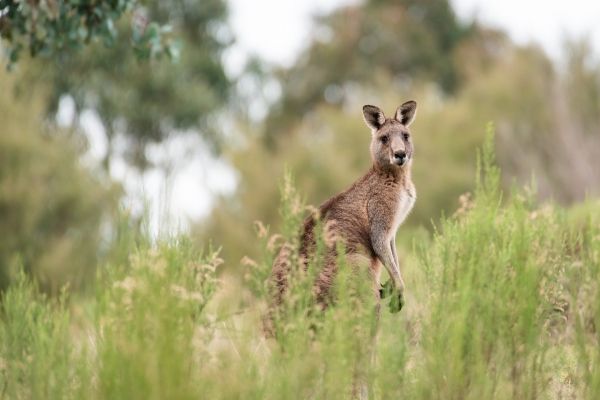Serving up too much soft food to animals rescued into captivity might reduce their survival chances when released back into the wild.
An international team of researchers, led by Dr Rex Mitchell at Flinders University, have shed light on the potentially harmful effects soft food diets can have on the skull of growing animals.
Each year, thousands of young animals across the world are rescued and rehabilitated by wildlife carers. The aim is to give these animals time to heal and grow until they are fit enough and old enough to be released.
“Some scientists have suggested that captive diets may have unintended, negative effects on skull development that could impact the successful reintroduction of animals into the wild,” says Dr Mitchell.
“We wanted to know how much growing up on a diet that doesn’t need much biting can impact the ability of an animal to bite effectively in adulthood.”
Read more at: Flinders University
Photo Credit: pen_ash via Pixabay


